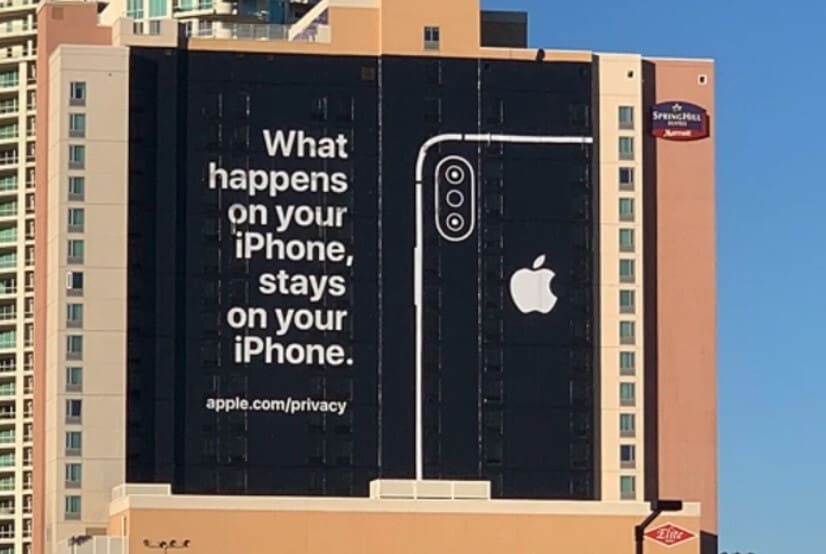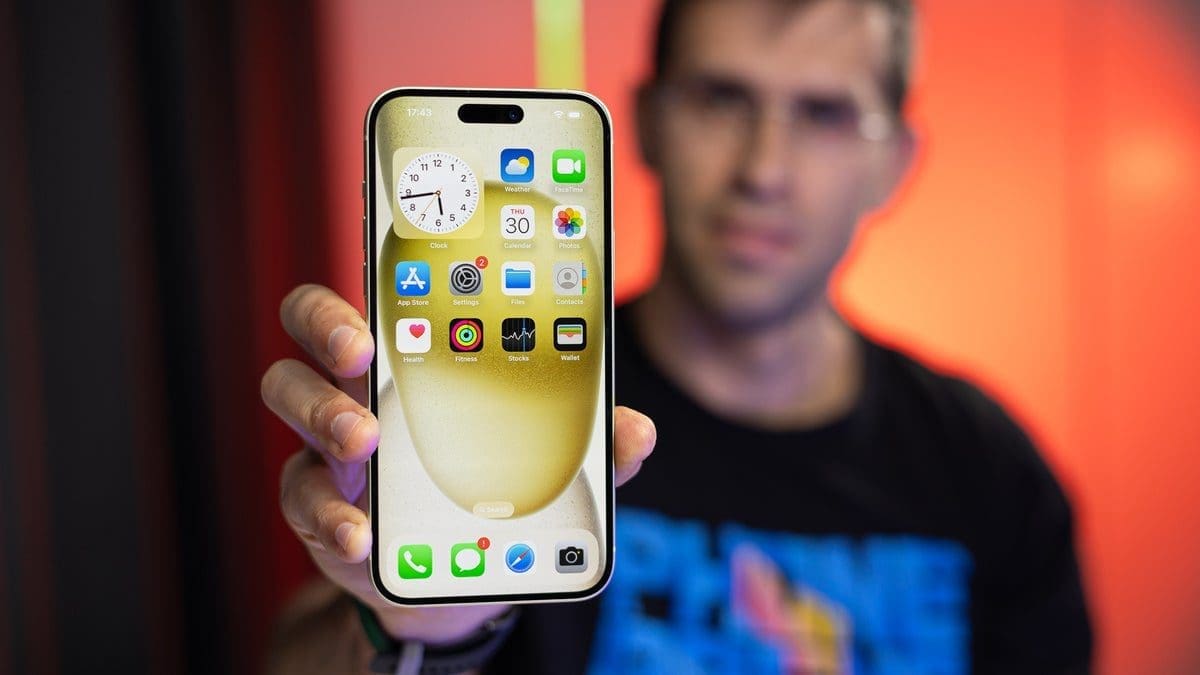- Combines data across services only when it provides a better customer experience.
- Supports separate accounts for iCloud, App Store, iTunes Store.
- Siri, Maps, and iAd do not use the Apple ID.
On the Google side of the slide it says that the company:
- Combines data across services.
- No separate account support.
- One sign-in links Voice Search, Maps, Ads, Google+, Apps, Mail, Calendar.
- Buying or updating an app requires system-wide sign-in.
- Only reasonable use case is full authentication.
Other slides compare how Apple and Google handle personal data. Under the category of “Siri and Voice Search,” Apple says:
- User data tied only to Siri use.
- Data persistence is under user control.
- Identifying data never given to third parties.
Google’s side of the slide says:
- Voice Search is tied to the Google Account.
- On Samsung phones, once S Voice is used, subsequent Voice Search data is sent to Vlingo (backend for S Voice) and cannot be disabled.
- Transcriptions, contacts, location, etc.

Apple’s famous Las Vegas privacy sign put up across the street fromt he Consumer Electronics Show in 2019
Eric Schmidt, who was Google CEO in 2010, said this at the Washington Ideas Forum the same year, “Google’s policy is to get right up to the creepy line but not cross it. I would argue that implanting things in your brain is beyond the creepy line. At least for the moment, until the technology gets better.
If the judge finds that Google violated antitrust laws, he could order that the company be broken up into several smaller companies.








